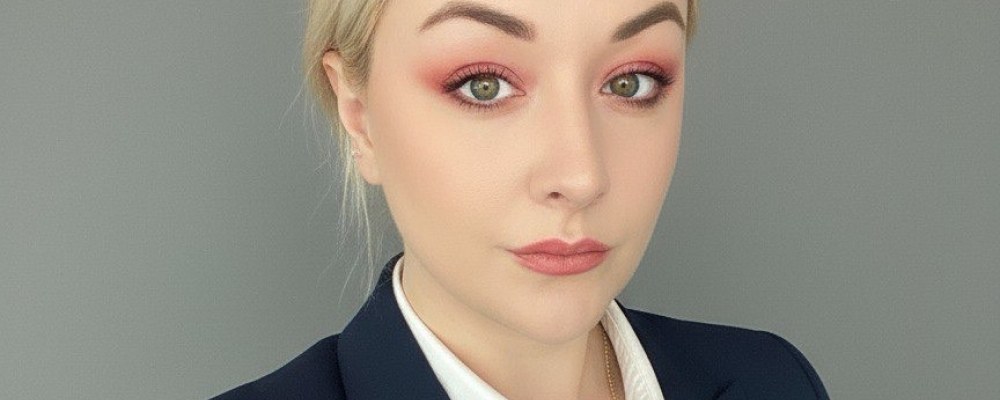
- Founder and CEO, Lotus Sirius Oy
- Education: I have an academic background in the history of science and business administration.
Briefly describe the work that has earned you this nomination in the NWiTA category: Digital Transformation Leader of the Year.
I’m founder and CEO of Lotus Sirius Oy, where I lead technological innovation and digital transformation specifically for the maritime industry. I have developed Integrated Maritime Operating System designed for both civil and defense sectors, driving digital transformation across maritime ecosystem.
Our Integrated Maritime Operating System integrates AI, secure chain, and post quantum ready cryptography technologies, bringing together multiple applications under a single unified platform. This innovation accelerates production processes, optimizes costs and enhances security within the maritime manufacturing sector. Additionally, my product is used for maintenance and repair operations in the maritime industry. Thanks to my experience, the product also features offline functionality. I validated the product through 28 field operations, and it was awarded the Verified Badge by Yachting Ventures.
Previously, I co-founded Siren Technologies Oy, cybersecurity company with an AI based anti-cheat infrastructure that reached over 5 million users, where I played a key role in developing the product architecture.
As the Founder and CEO of Lotus Sirius Oy and Co-founder of Siren Technologies Oy, I have achieved these milestones and successes without receiving any grants or external funding, fully bootstrapping both ventures. Furthermore, Siren Technologies Oy was awarded first place at CyberSecurity Nordic 2024.
During my time in Türkiye, I have also contributed to national technology working groups in Türkiye and provided consulting on regulatory and security frameworks related to Web3 and AI technologies, held leadership roles in several technology initiatives and was part of Google Developer Communities Türkiye (Istanbul). I was also a member of the Futurists Association.
I have 10+ years of interdisciplinary experience in strategy, maritime, and technological transformation, along with 5+ years of experience with production ecosystems for maritime companies.
What inspired you to pursue this field?
My field of work is digital transformation, digital strategies and ecosystems. I have provided consultancy services in yacht production shipyards, maritime operations and innovation.
After a while, the idea for my product began to take shape as a result of the common challenges my clients faced and my visits to their workplaces. Subsequently, to validate this idea, I began making more visits to my clients' workplaces and production areas. During these visits, I closely observed and reported on the production stages and the work being done, and I worked not only with company owners or managers but also with employees in the workplace. I made intensive visits to motor yacht manufacturers, super yacht manufacturers, shipbuilders, shipyards, ship maintenance and repair companies, and yacht interior design manufacturers, as well as companies supplying manufacturing materials, and carried out some case studies to create my product.
What enabled me to do this so intensively was my very strong network and recognition in this sector. Seeing and validating the overlapping problems and needs of the companies I provided innovation and technology consultancy and project management services to enabled me to take a holistic approach.
Have you found your work / being in tech to be equal and inclusive?
I cannot say that I experience equality and inclusivity in the sectors I work in. Being a woman in both the technology and maritime sectors, as well as the dual-use sector, requires constantly overcoming established patterns and prejudices in these industries. I know this situation is not unique to me; many women like me have had similar experiences.
The problem is no longer limited to the workplace; it extends to the nature of the responses artificial intelligence tools give to women, and to the fact that people in ‘leadership’ positions in technology use ‘technological terms’ to make comparisons about women.
In short, equality and inclusivity in technology are systematically violated not only through behaviour or discourse but also through the ecosystem's organic and existing technological infrastructure.